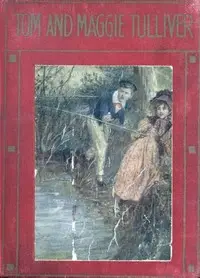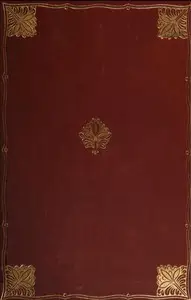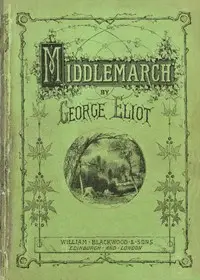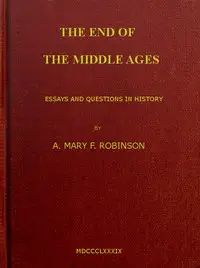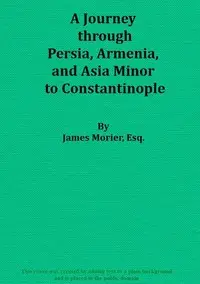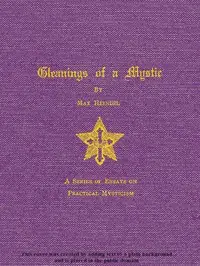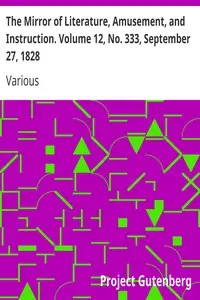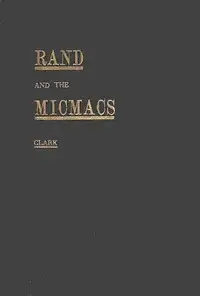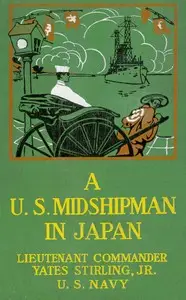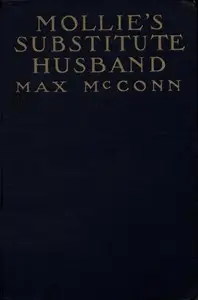"Scenes of Clerical Life" by George Eliot is a collection of short stories written in the mid-19th century. The stories focus on the lives of rural clergymen and their congregations, offering insights into their struggles, relationships, and the changing nature of English country life. The characters, such as the Rev. Amos Barton, are depicted in detail, often exploring themes of social class, morality, and community. The opening of the collection presents a vivid picture of Shepperton Church as it was about twenty-five years ago, invoking nostalgia for its quaintness that has been replaced by modernity. It introduces the Rev. Amos Barton, a clergyman grappling with the challenges of his position and the complexities of his parishioners. Eliot sets the stage for the intertwining lives of the local farmers and villagers, showcasing their conversations and opinions about the clergyman's methods, highlighting both his shortcomings and endearingly earnest attempts to fulfill his pastoral duties. The narrative reveals a rich tapestry of character sketches that hint at the unfolding drama in the social fabric of this rural community. (This is an automatically generated summary.)
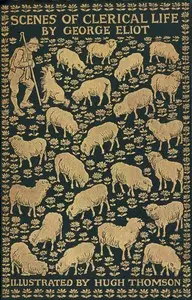
Scenes of Clerical Life
By George Eliot
"Scenes of Clerical Life" by George Eliot is a collection of short stories written in the mid-19th century. The stories focus on the lives of rural cl...
Mary Ann Evans, known by her pen name George Eliot, was an English novelist, poet, journalist, translator, and one of the leading writers of the Victorian era. She wrote seven novels: Adam Bede (1859), The Mill on the Floss (1860), Silas Marner (1861), Romola (1862–1863), Felix Holt, the Radical (1866), Middlemarch (1871–1872) and Daniel Deronda (1876). As with Charles Dickens and Thomas Hardy, she emerged from provincial England; most of her works are set there. Her works are known for their realism, psychological insight, sense of place and detailed depiction of the countryside. Middlemarch was described by the novelist Virginia Woolf as "one of the few English novels written for grown-up people" and by Martin Amis and Julian Barnes as the greatest novel in the English language.

